The Cervical Cancer Screening and Prevention (CCSP) Team hosted a series of health fairs in Gem of Siaya County, Kenya earlier this summer. The purpose of these fairs was to create opportunities for women living in Kenya to have access to human papillomavirus (HPV) screening and education, and to allow school-age girls to receive vaccinations against HPV.
Cervical cancer poses a significant global health burden due to limited access to effective screening and prevention measures, especially for women living in low- and middle-income countries (LMICs). Invasive cervical cancer affects more than 661,000 women around the world, resulting in more than 348,000 deaths each year.1 Though cervical cancer is very preventable through HPV vaccination and screening and treatment of cervical precursor lesions, cost and infrastructural barriers prevent many women in LMICs from accessing these essential cervical cancer prevention services.2
The health fairs hosted by the CCSP Team directly address the lack of access to cervical cancer prevention and screening measures that many Kenyan women experience. The fairs are an organizational feat that bring cervical cancer screening and education to communities and provide the infrastructure that connects the act of sample collection with laboratory processing and follow-up treatment and care. In addition, the participants were reimbursed for their transportation expenses incurred from attending the fairs, further diminishing the barriers to effective care.
The entire CCSP team worked tirelessly in the weeks leading up to the fairs. Breandan Makhulo, a study coordinator on the team, shared that the organization and planning of these fairs was a “journey full of lessons learned and growth”. Breandan was responsible for organizing and attending planning meetings with community stakeholders, site assessment and selection, regulatory submissions, and overseeing the implementation of the fairs themselves. She played an integral role in the success of the fairs.
Community Health Assistants (CHAs) and Community Health Promoters (CHPs) are important players in Kenya’s community health model of healthcare. CHPs are assigned to a set of households within a community and are responsible for providing health education, health prevention, and other primary care services to families in their homes. The CHPs and CHAs were instrumental in mobilizing women to attend the fairs to receive the cervical cancer screening and education services. CCSP study coordinator, Jeniffer Ambaka, shared how enthusiastic the CHAs and CHPs were about the health fairs, and how valuable their help was in garnering support from schools and other community stakeholders.
The women of the communities in Gem were incredibly receptive to the services offered by the health fairs. Florence Mawere, CCSP Lab Technician, shared that on some days participants even arrived at the fair sites earlier than the team.
Following the fairs there is still important work being done—processing the HPV screening samples in the laboratory, coordinating with health providers and facilities to offer treatment services to the women, and contacting participants to schedule treatment appointments. The work of each member of the CCSP team has been an invaluable contribution to the health of the Kenyan communities.
The health fairs had an incredible reach—over 650 women were screened for HPV and received health educational services, and over 165 school-age girls received HPV vaccinations. It is collaborative efforts such as these that contribute to the hope of diminishing the burden of cervical cancer in our global community.
Special thanks to Breandan Makhulo, Jeniffer Ambaka, and Florence Mawere for sharing their experiences contributing to the health fairs and for sharing photos from the events!
References
- Bray F, Laversanne M, Sung H, Ferlay J, Siegel RL, Soerjomataram I, Jemal A. Global cancer statistics 2022: GLOBOCAN estimates of incidence and mortality worldwide for 36 cancers in 185 countries. CA Cancer J Clin. 2024;74(3):229–263. PMID: 38572751
- World Health Organization. Comprehensive cervical cancer control: a guide to essential practice [Internet]. 2nd ed. Geneva: World Health Organization; 2014 [cited 2024 Aug 6]. Available from: https://iris.who.int/handle/10665/144785

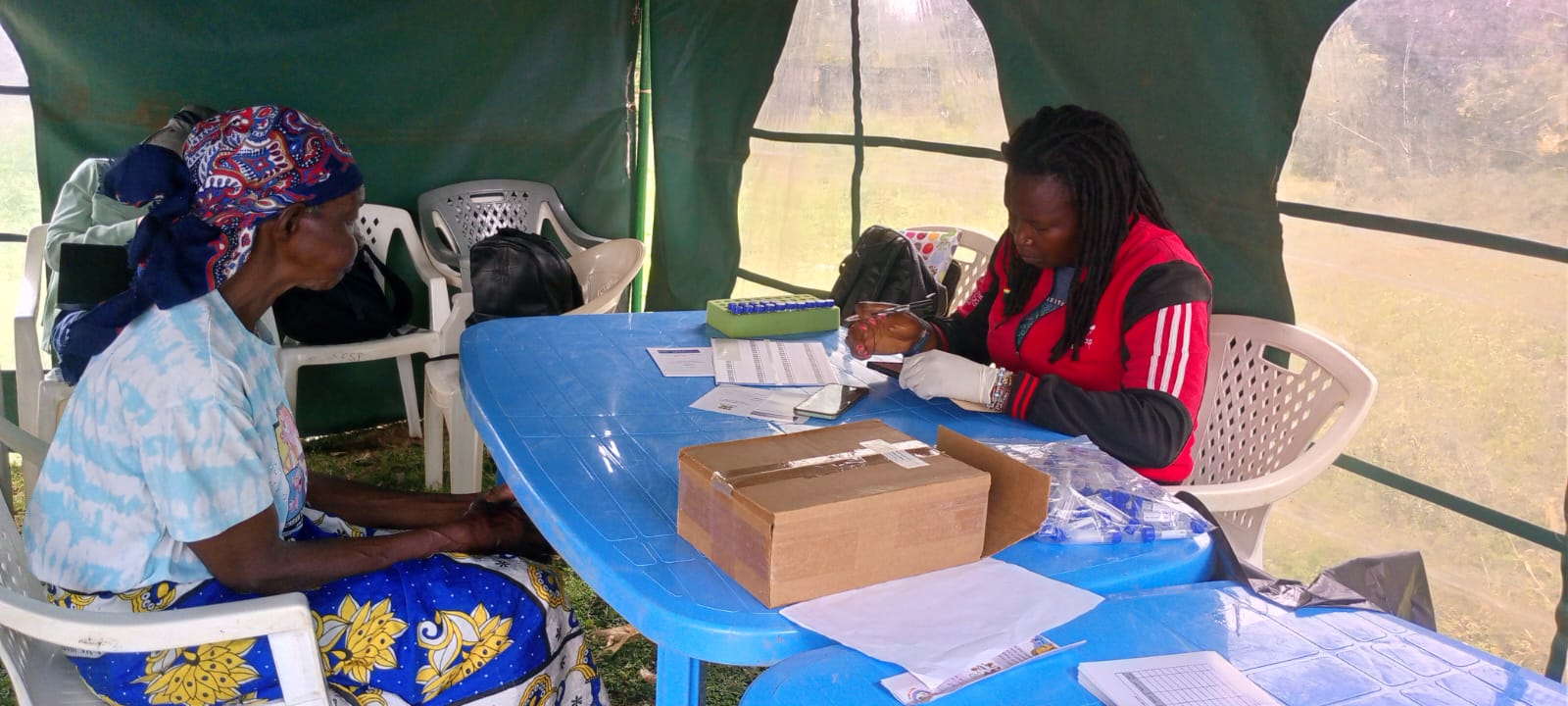
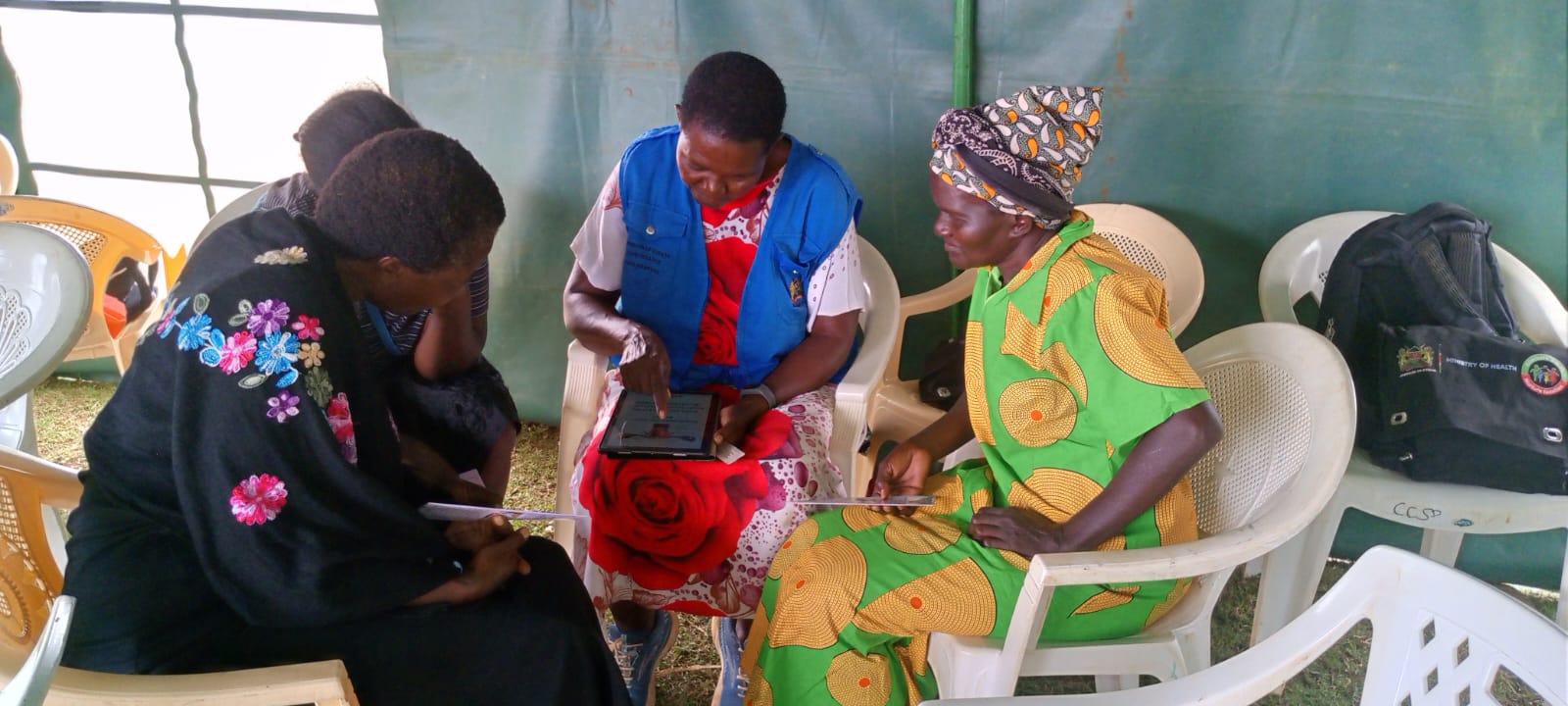
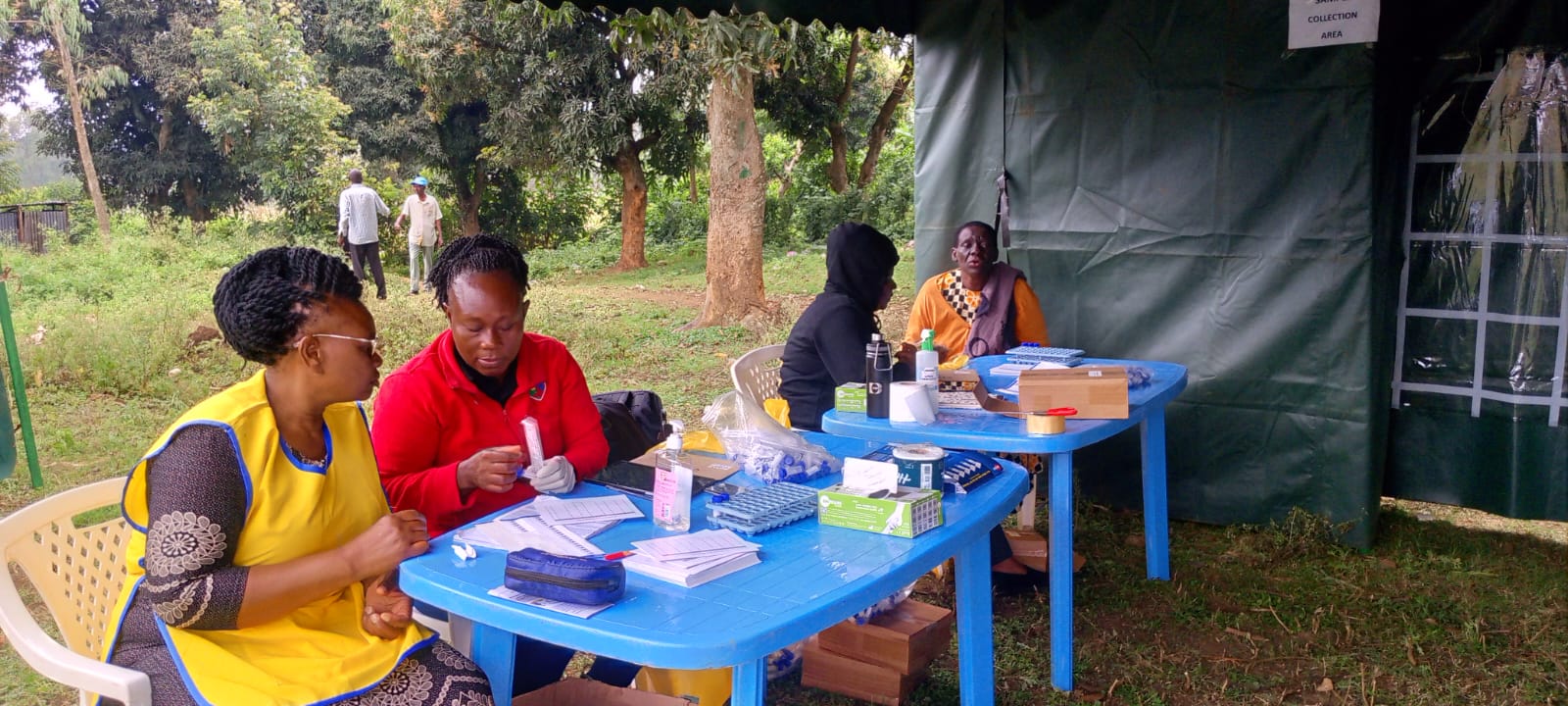
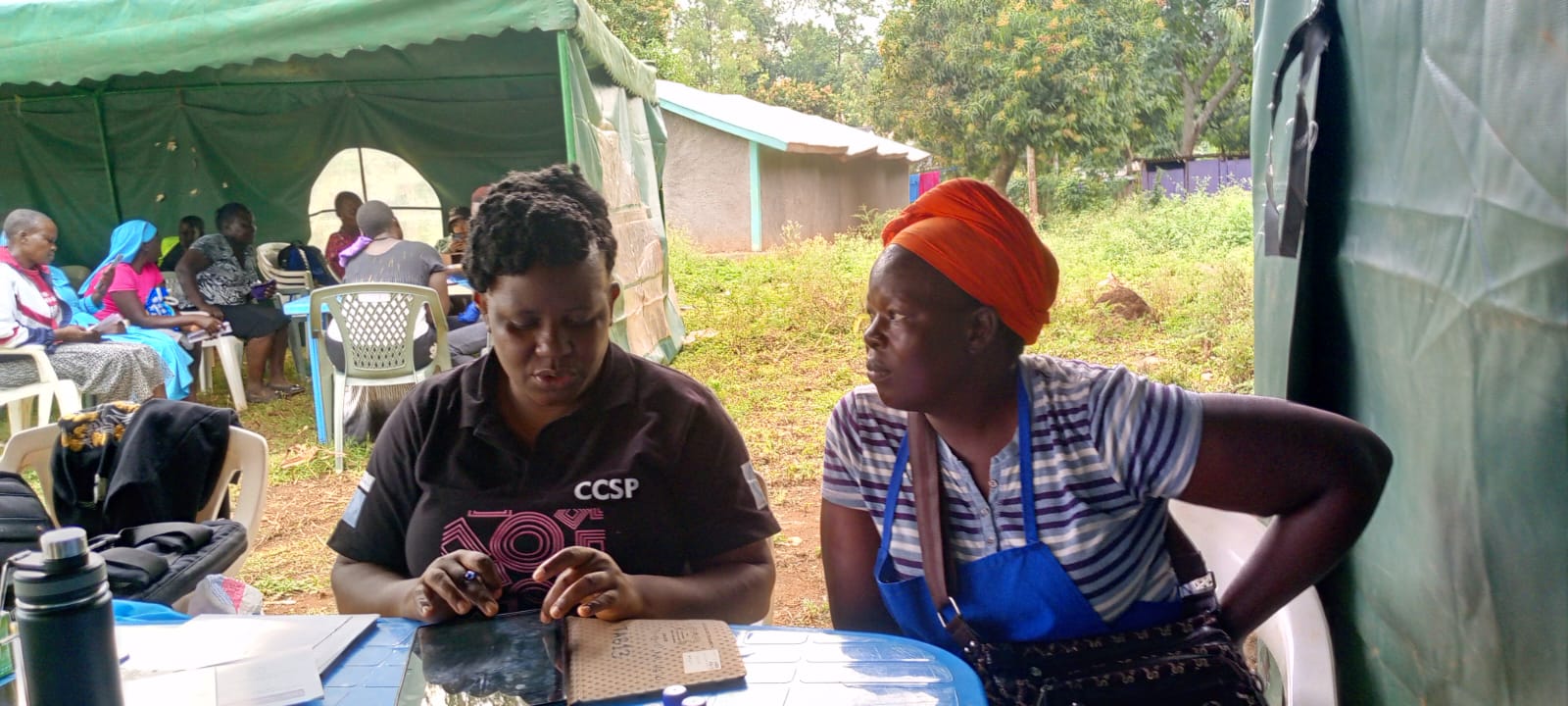
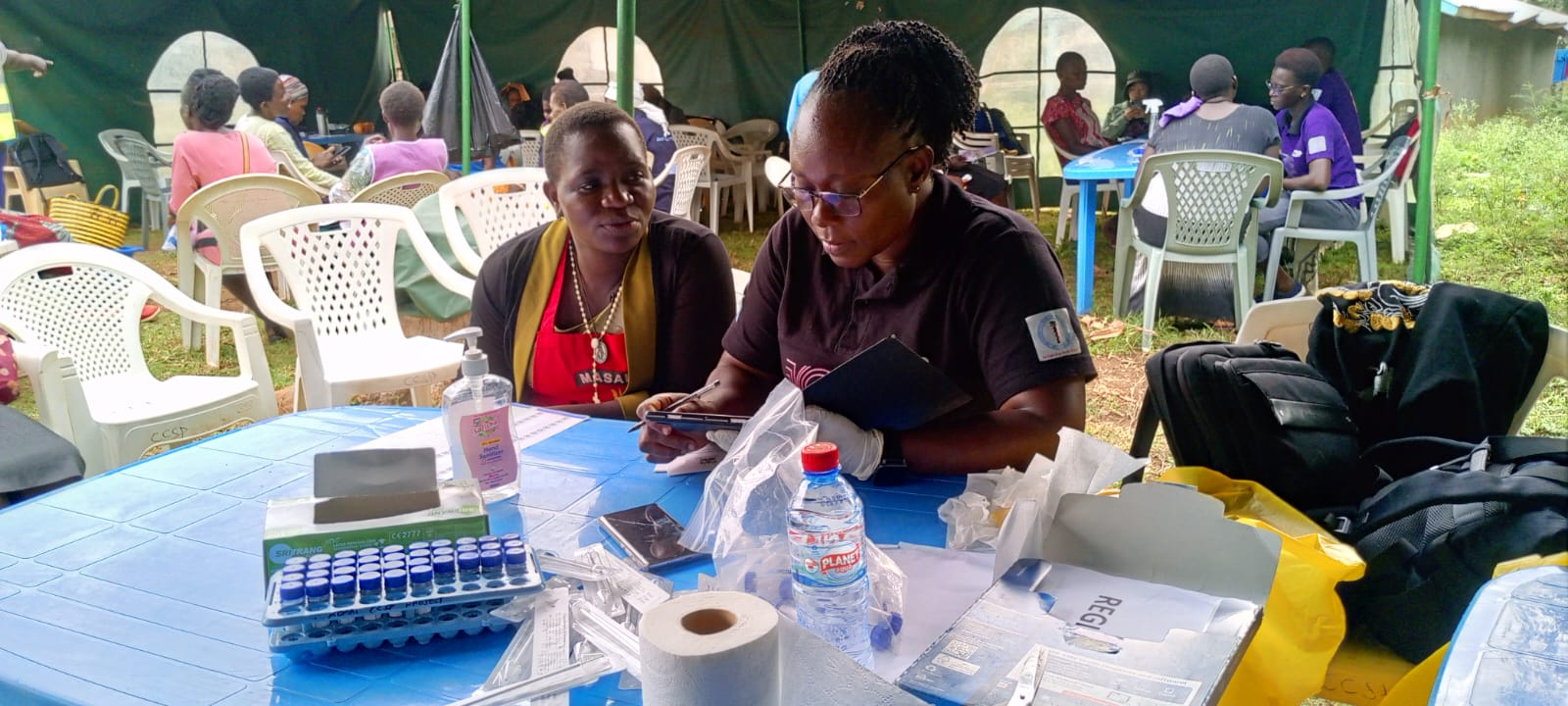
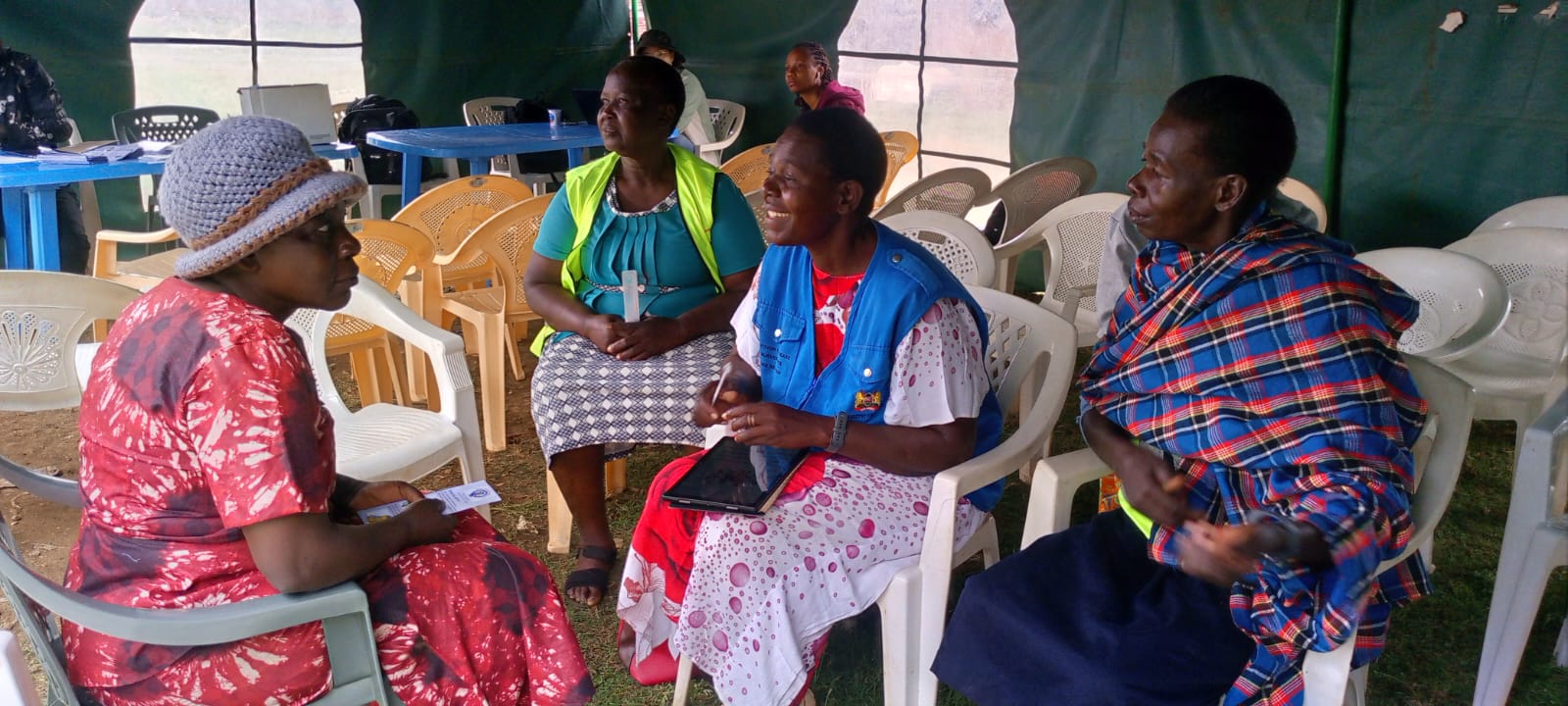
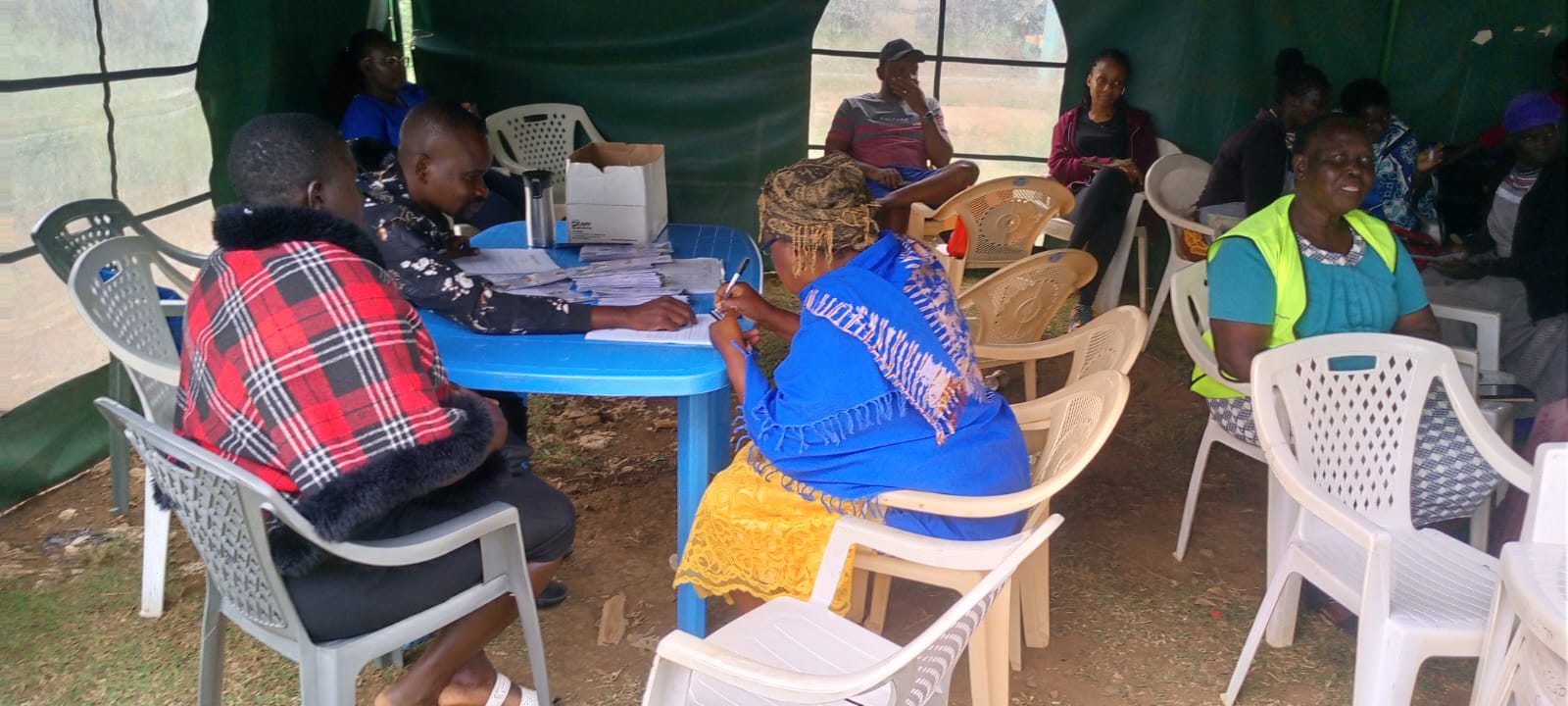
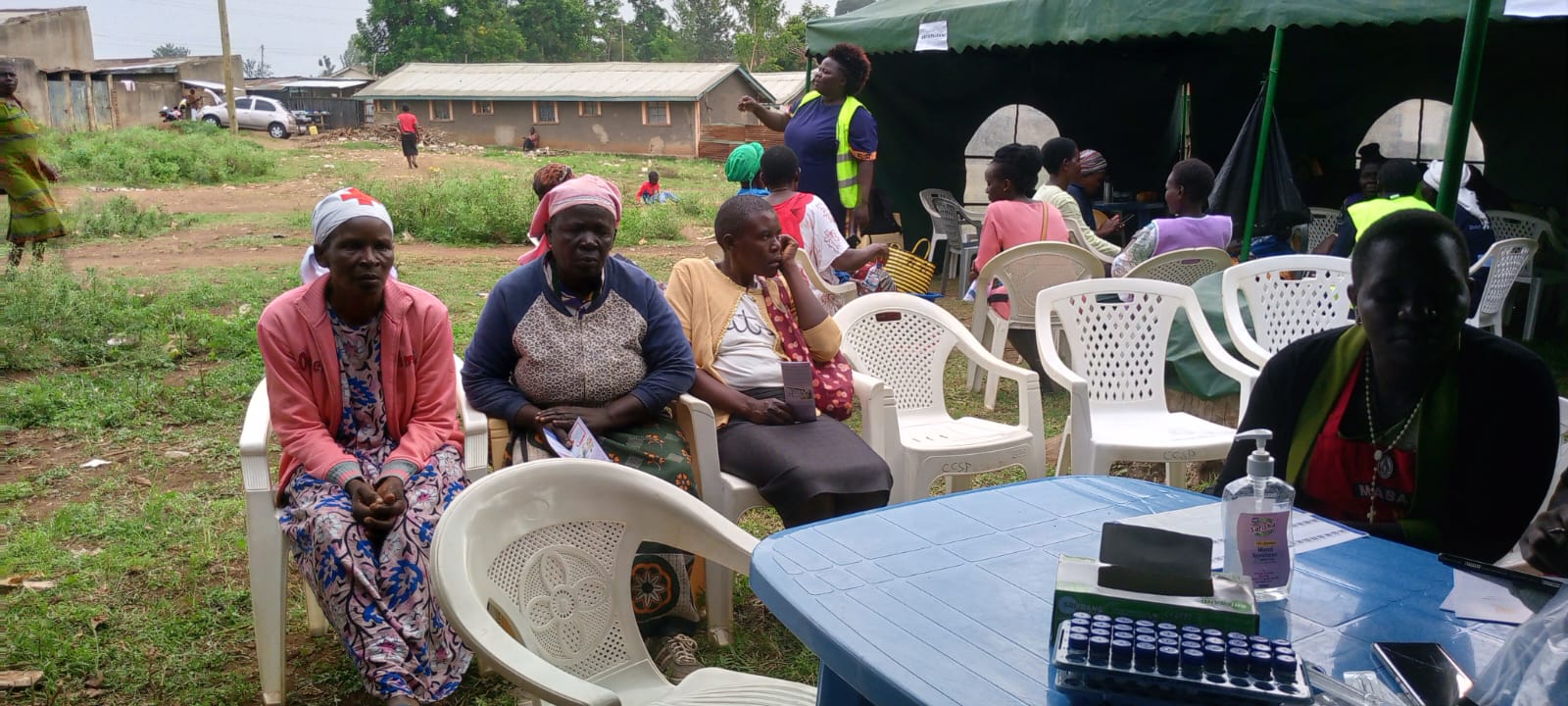
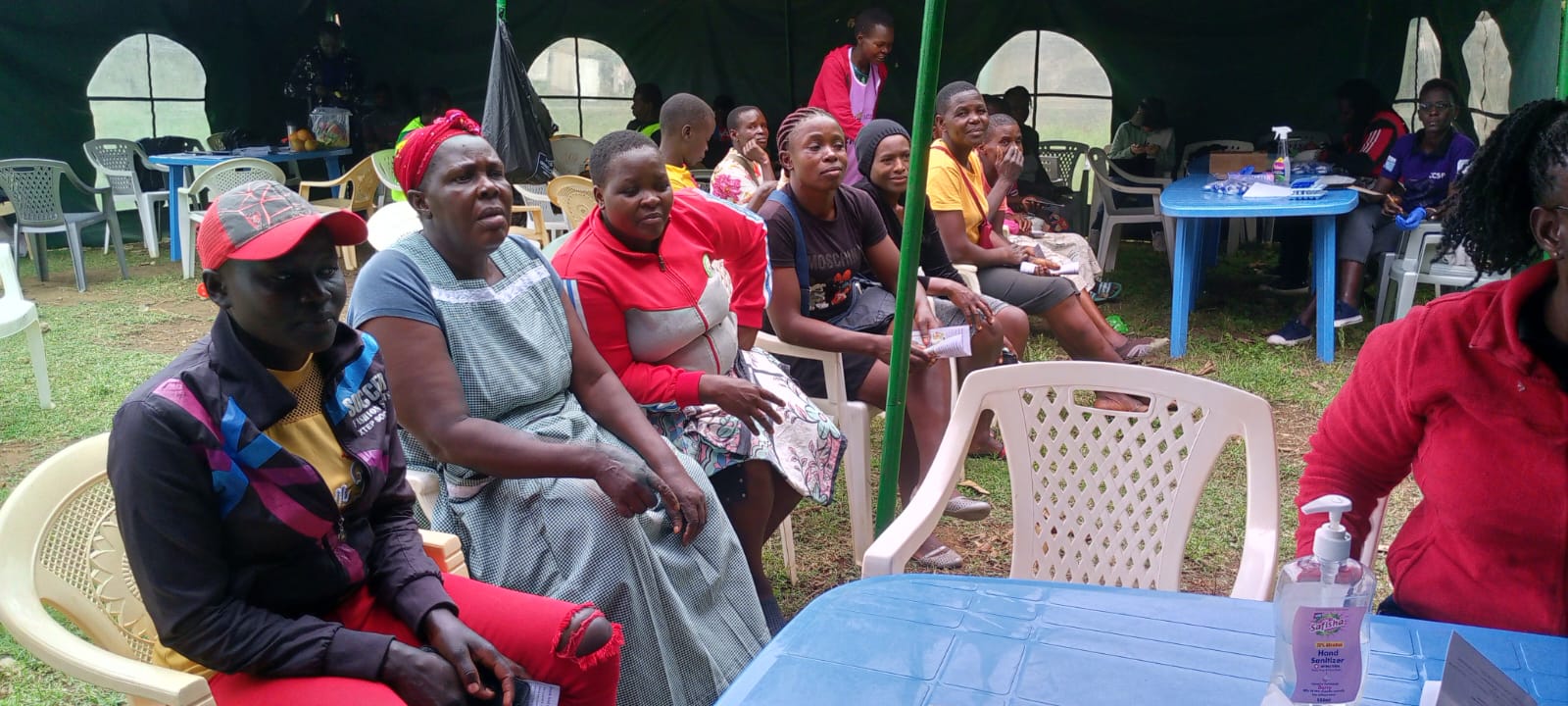
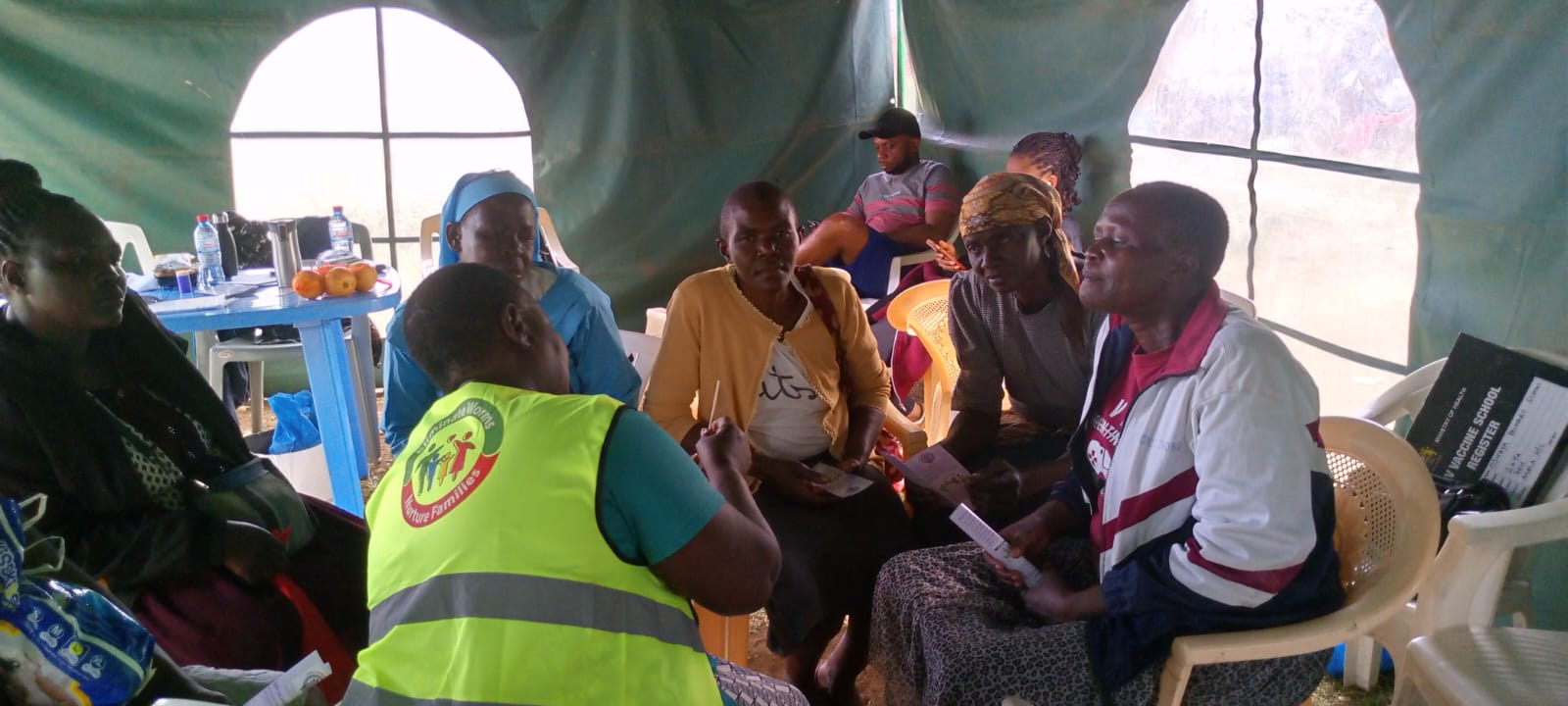
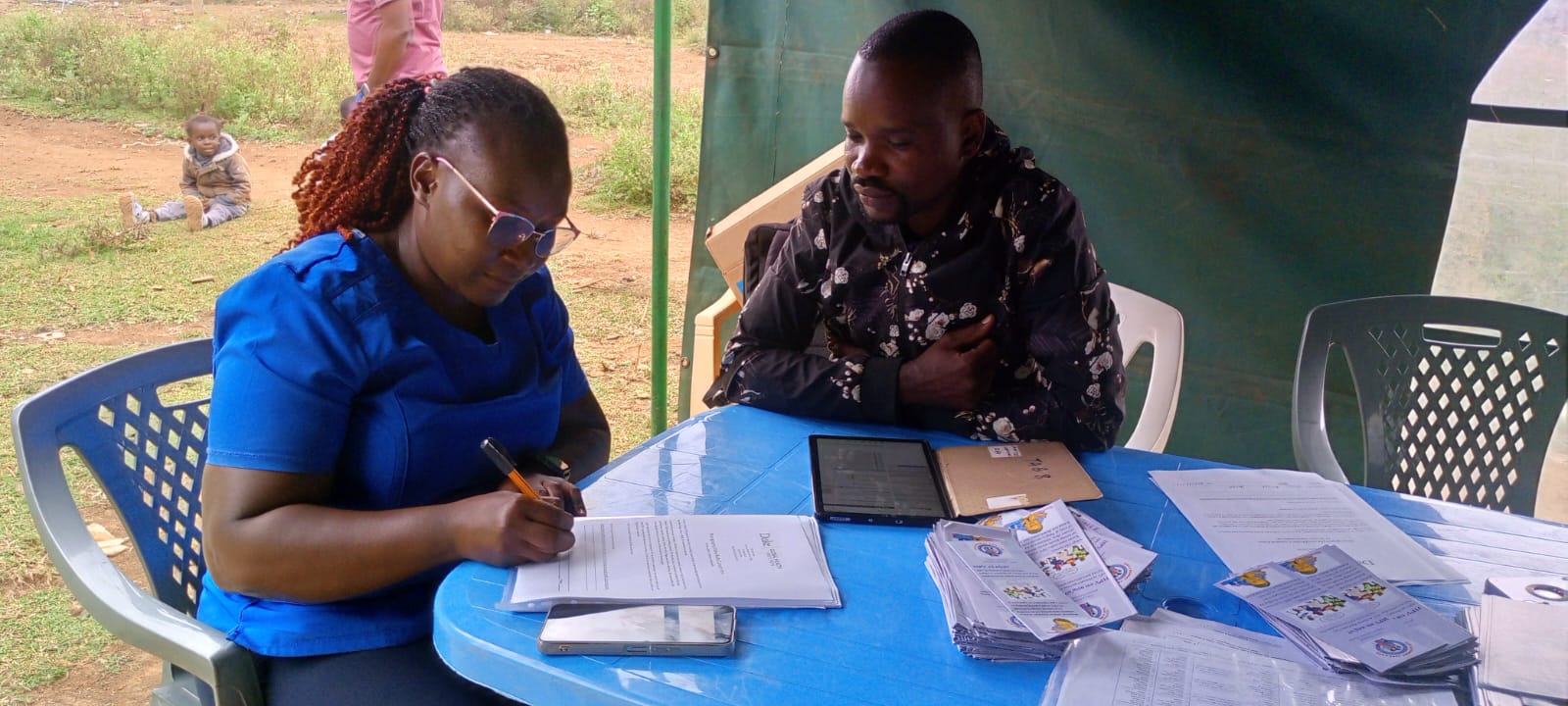
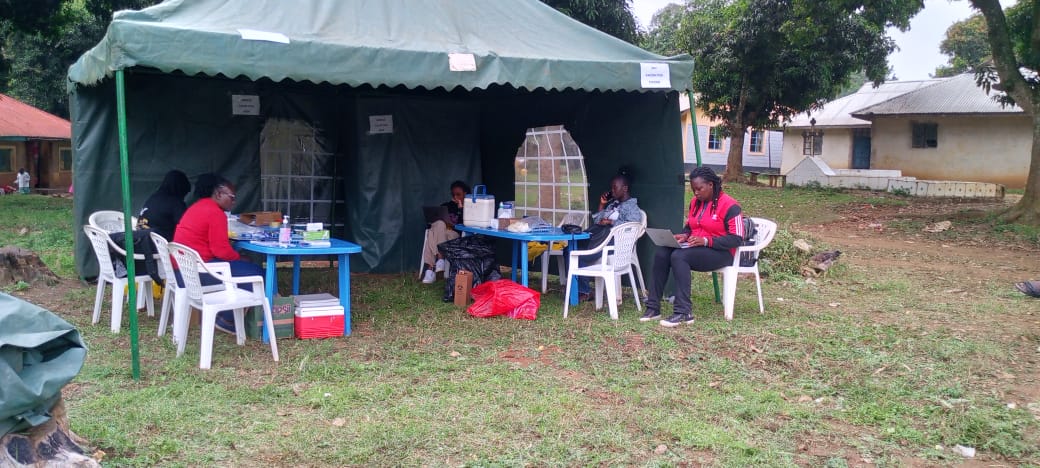
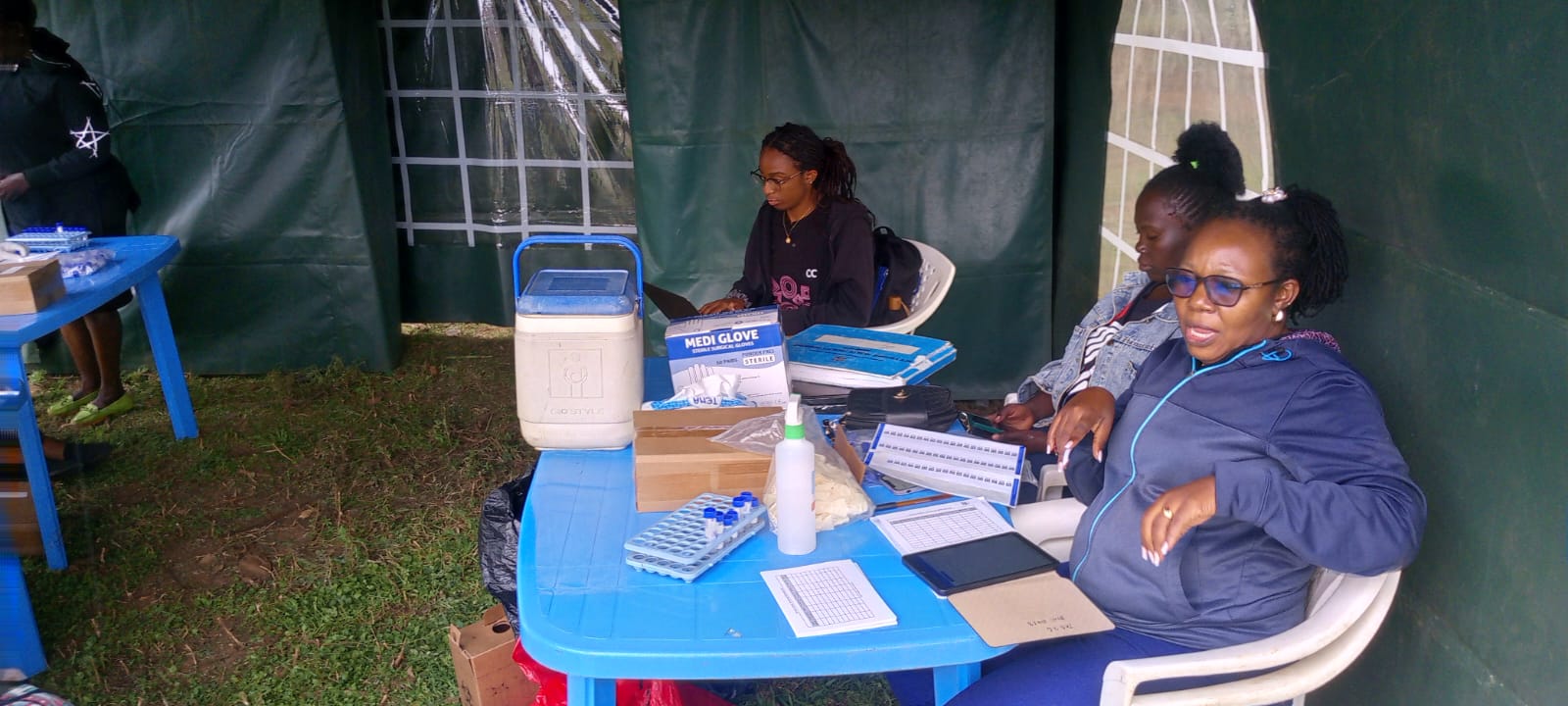
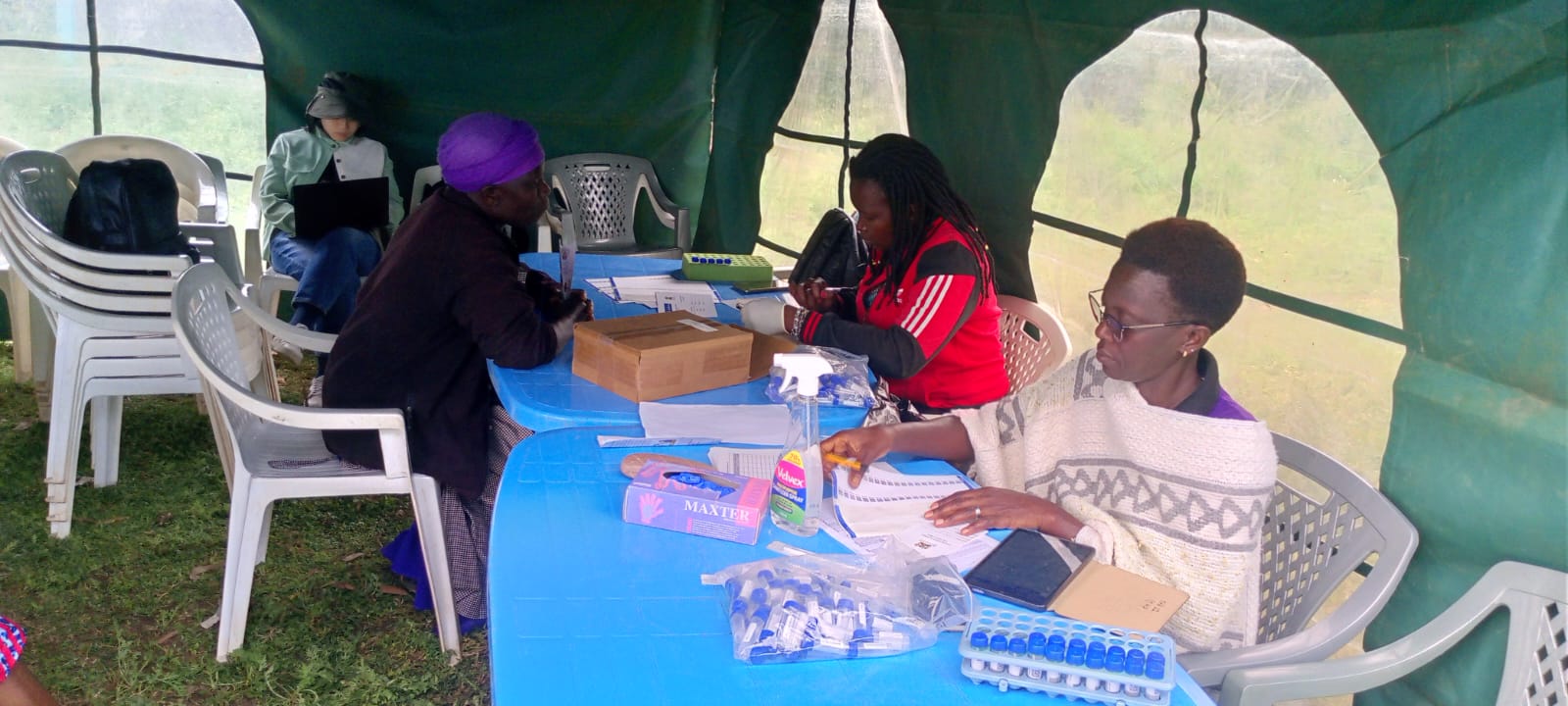
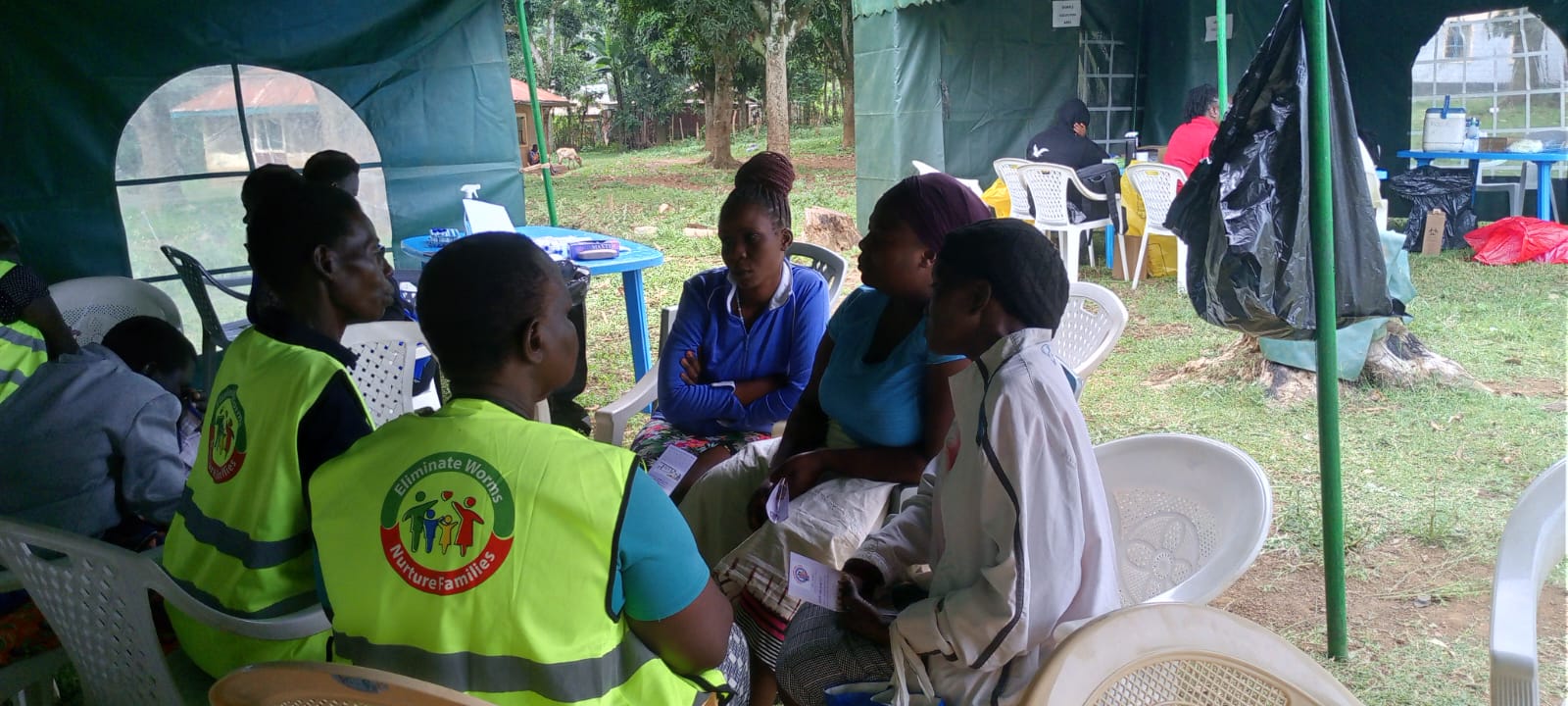
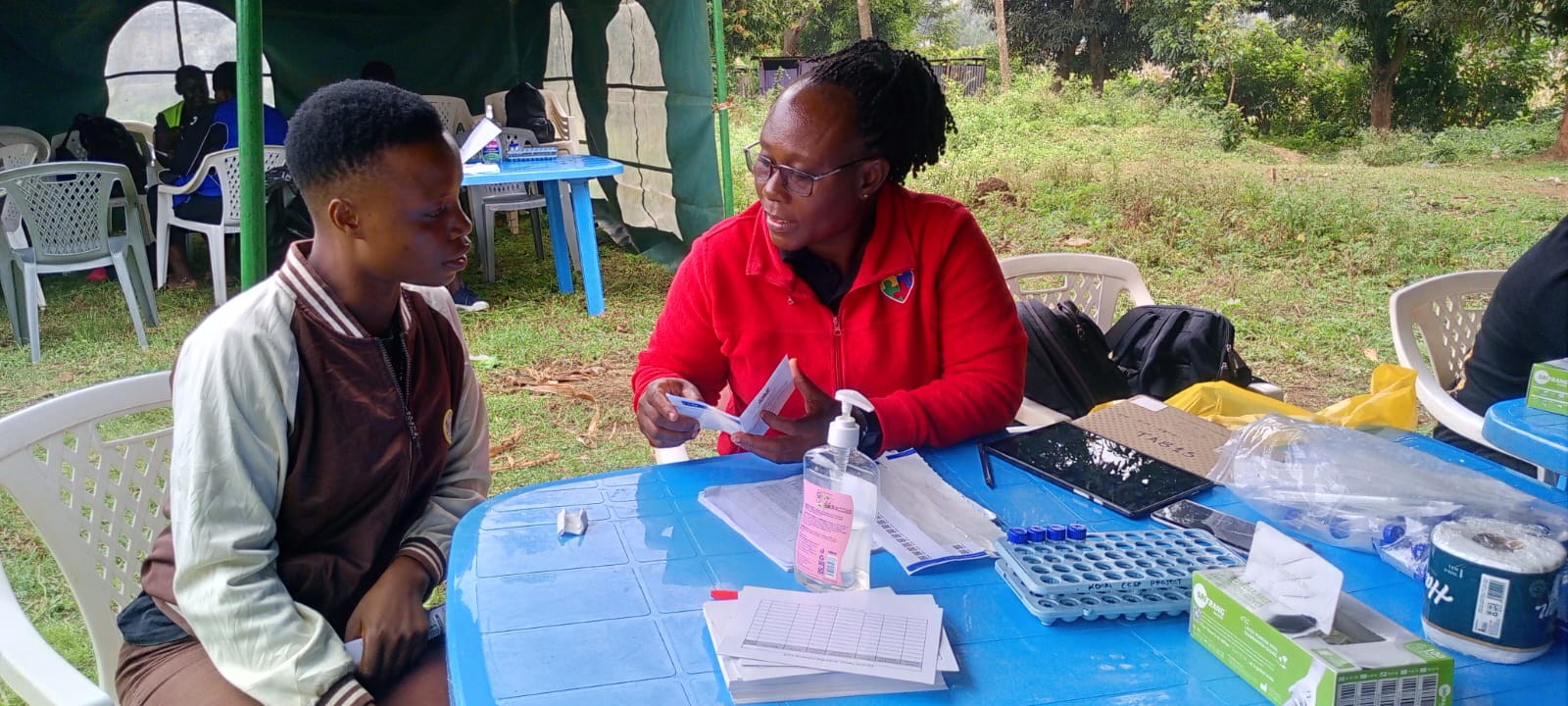
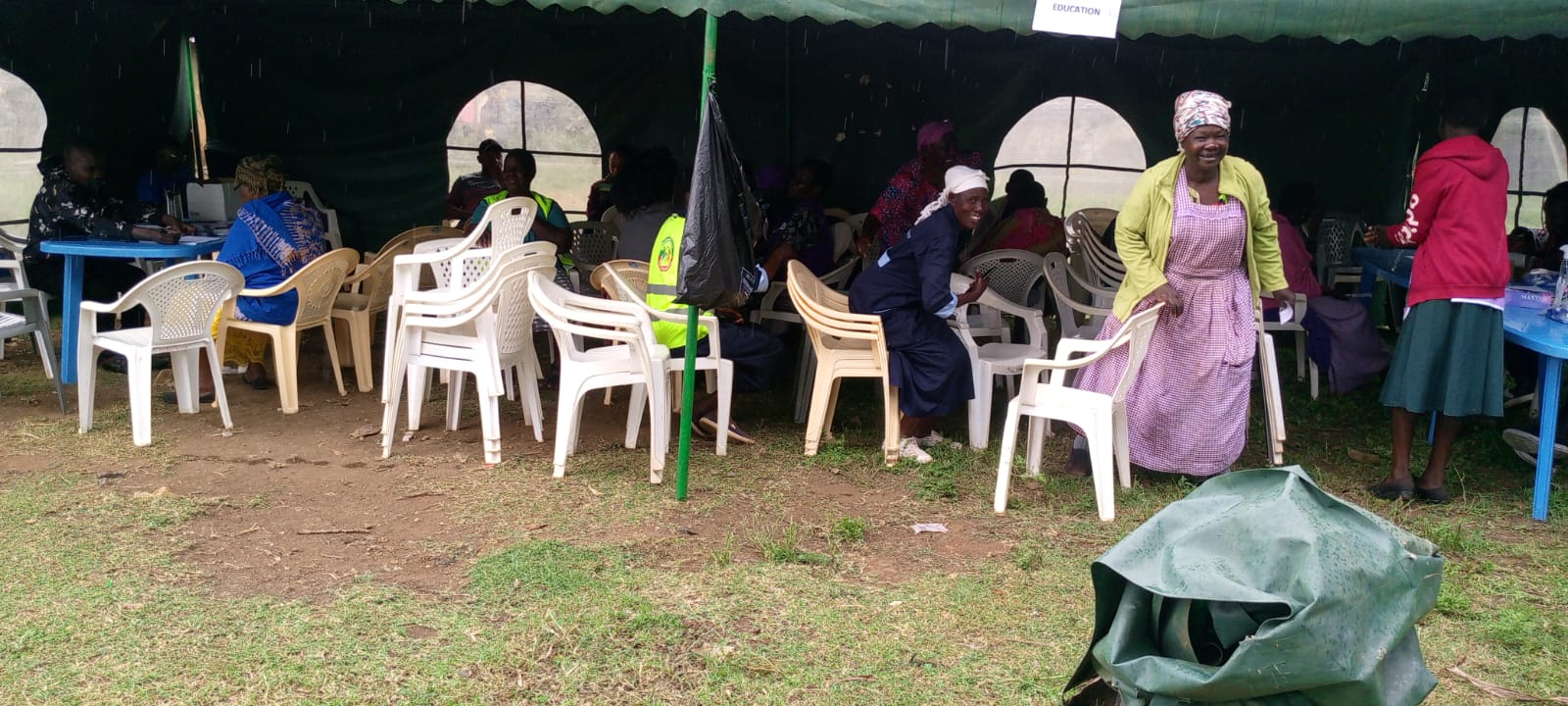
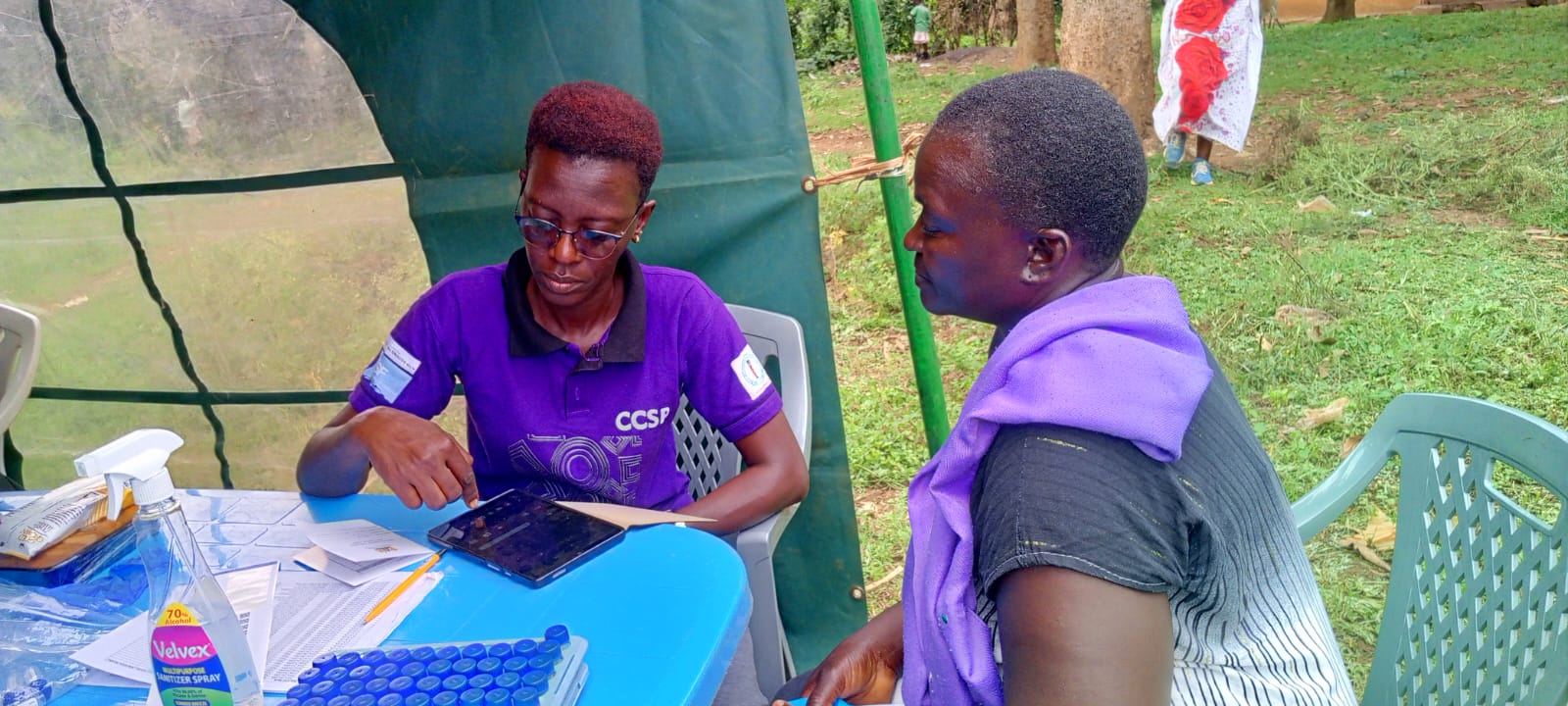
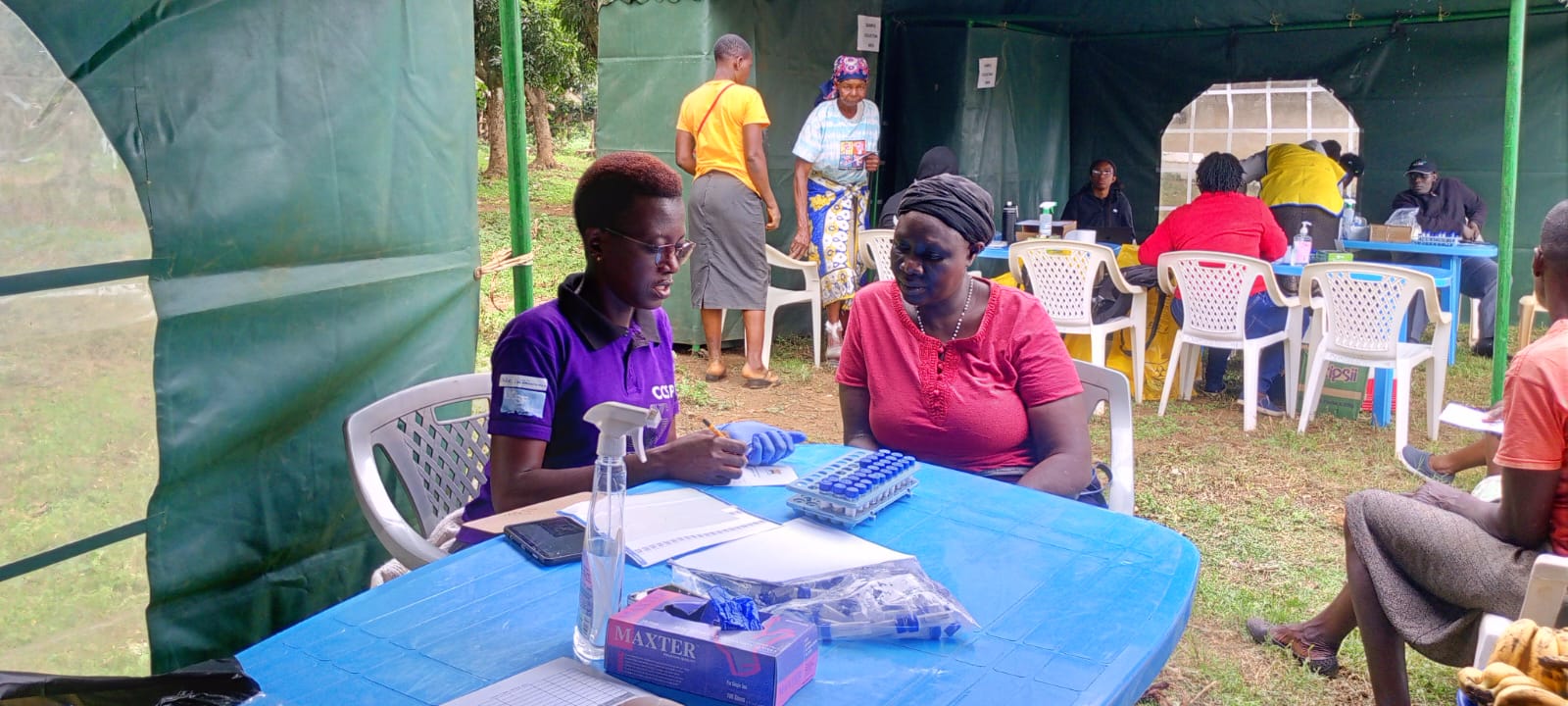
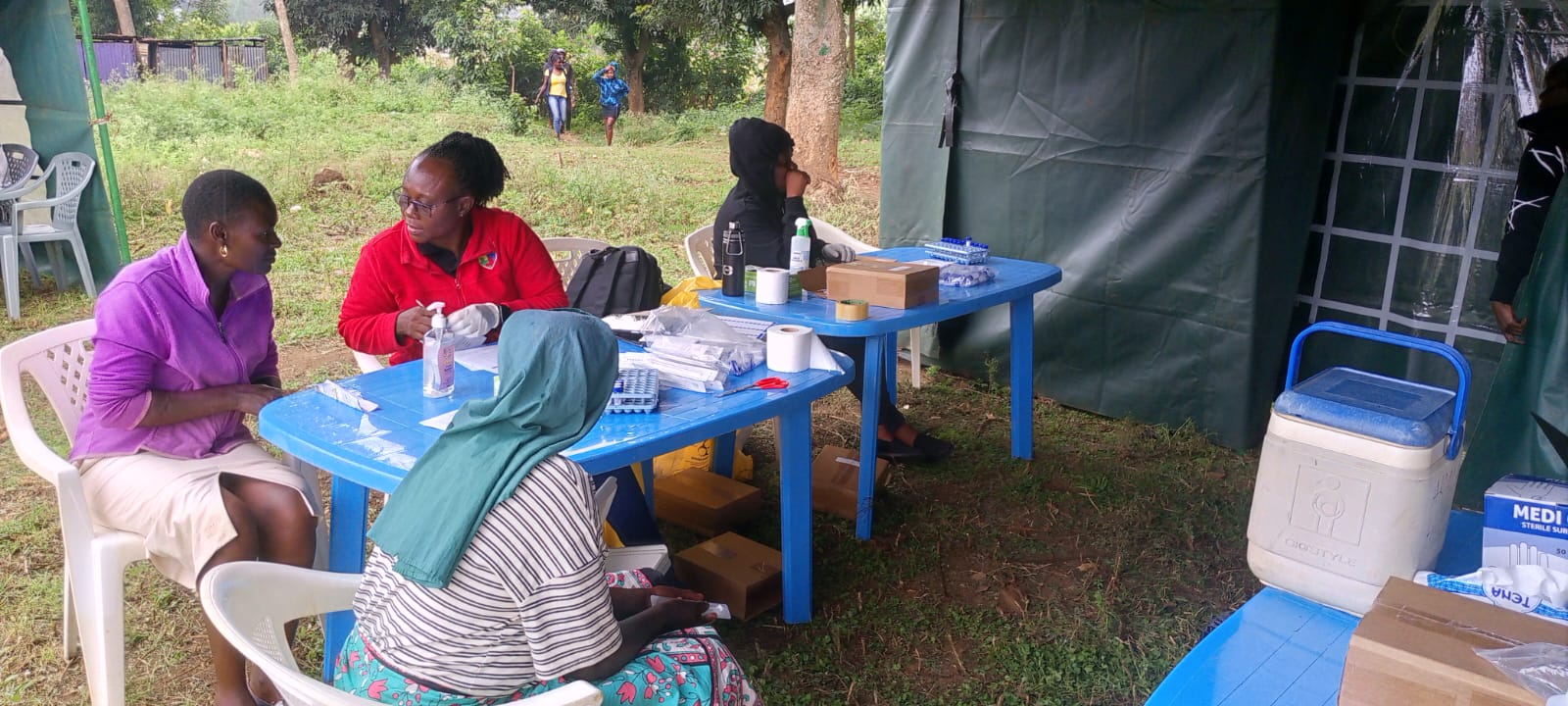
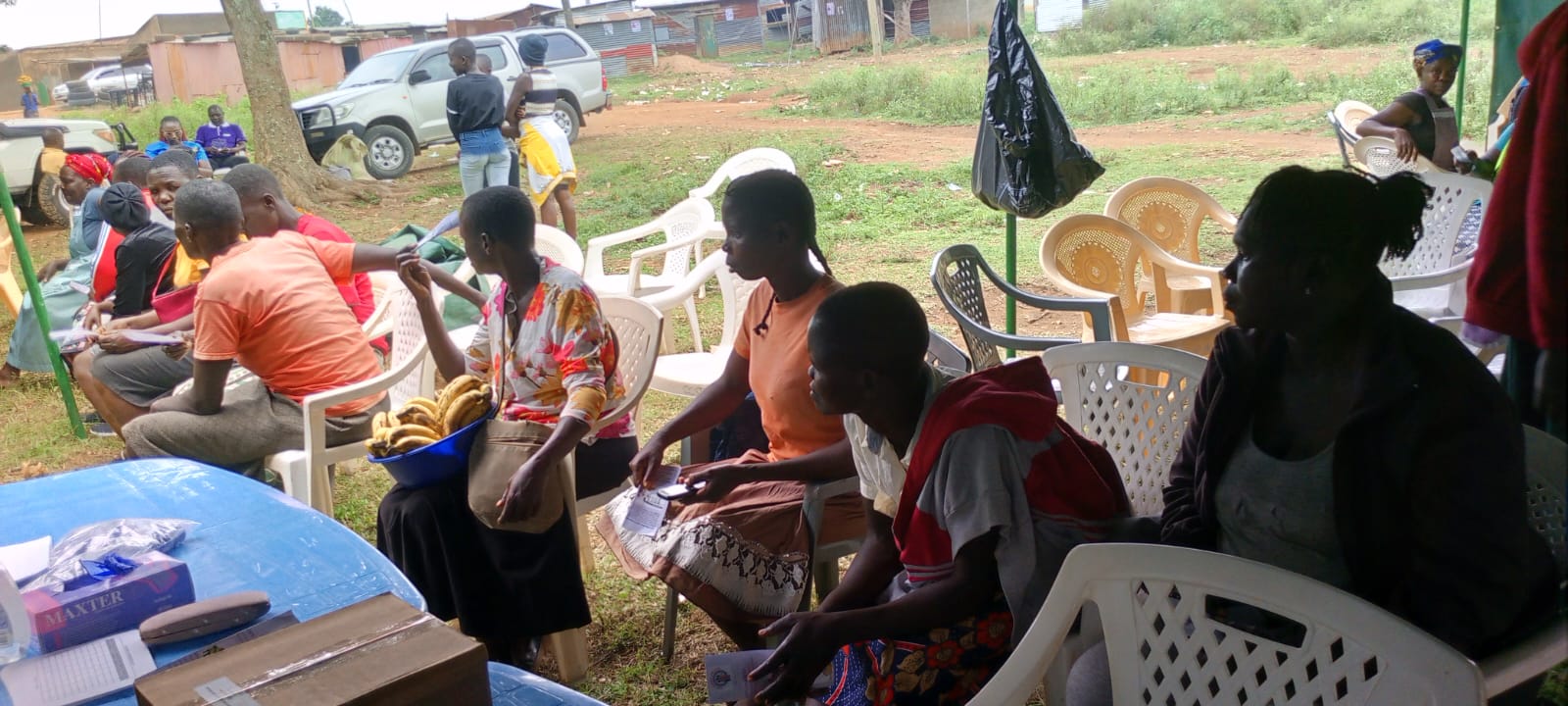
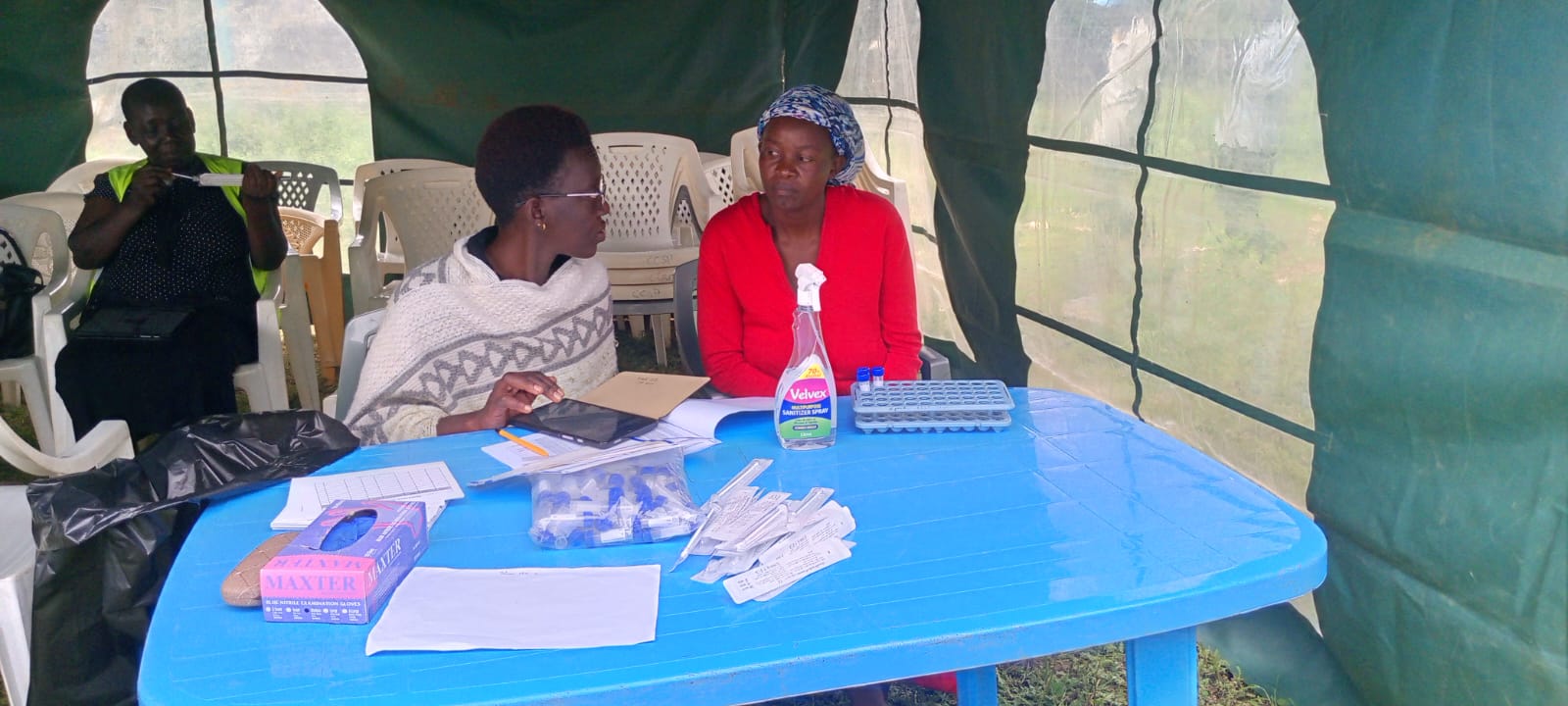
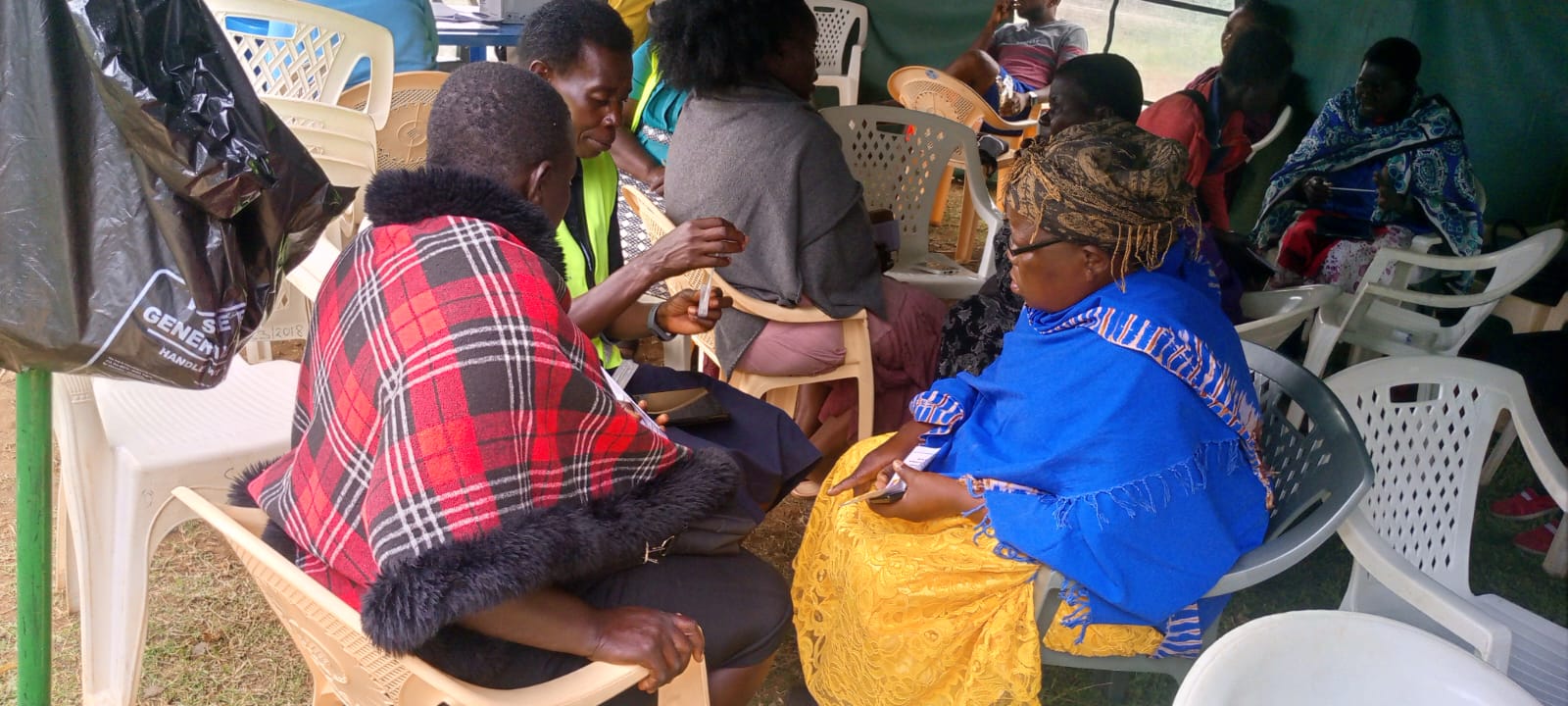
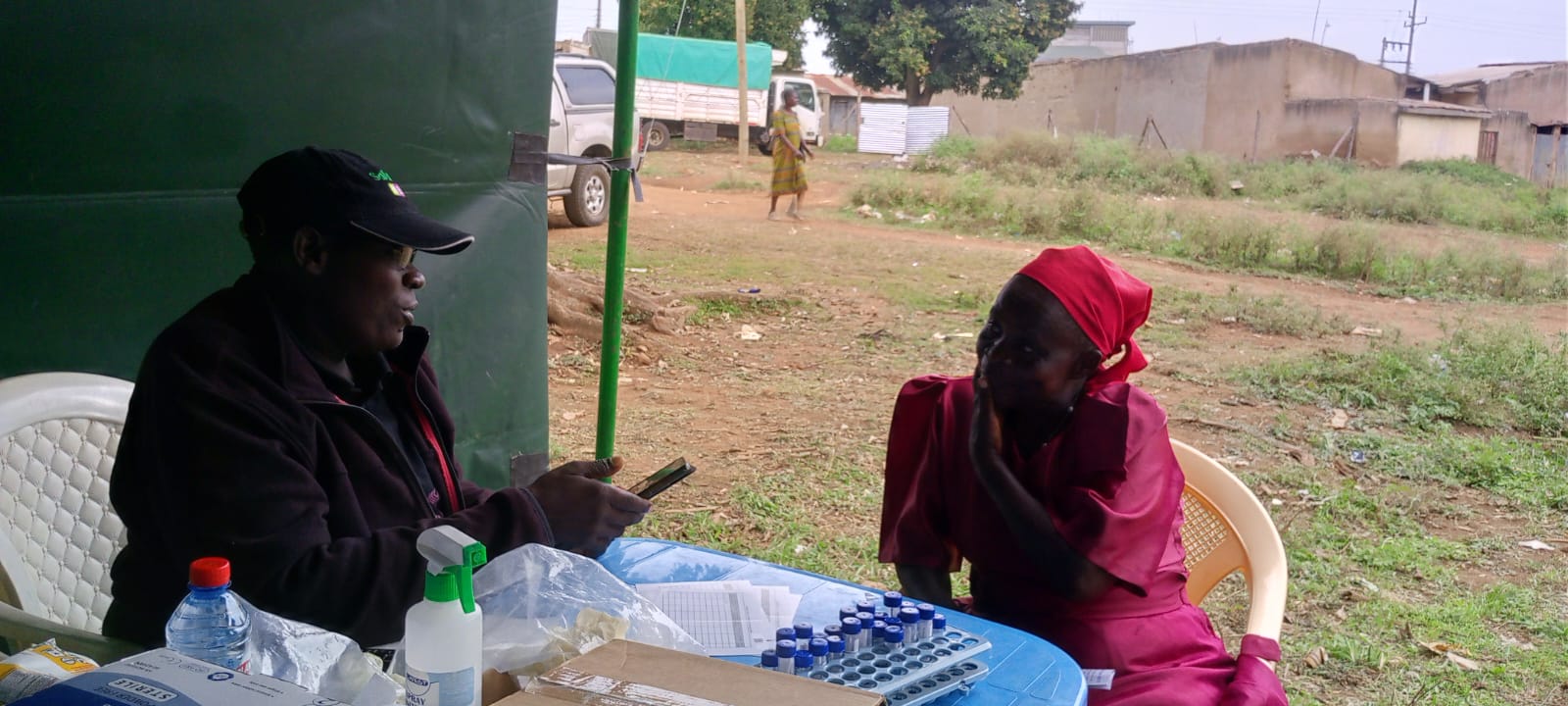
Thanks Duke Global and UCSF for making these fairs happen. Our women truly needs CaCx services close home. I look forward to more fairs in the future.